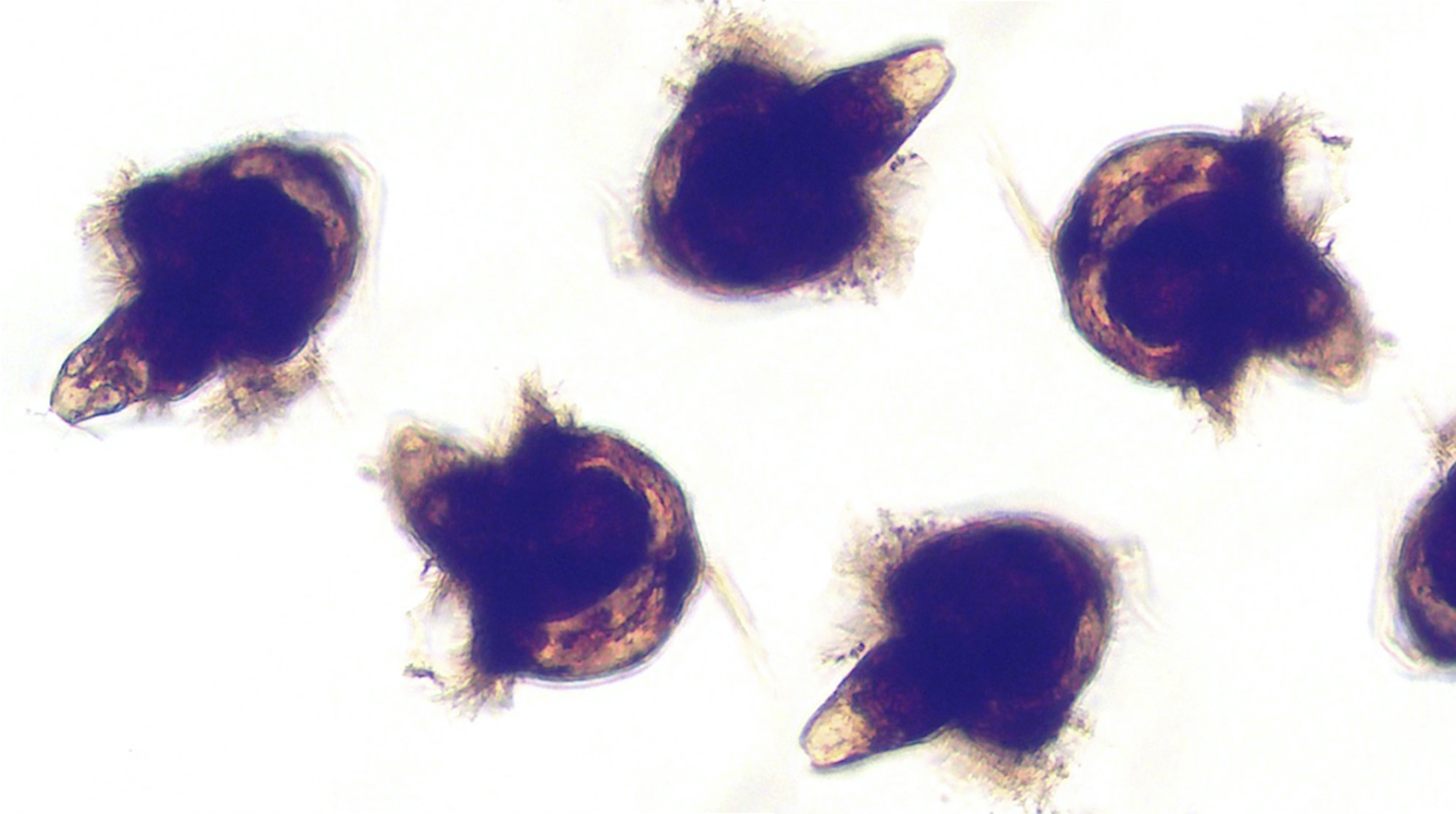Research
We mostly work on marine invertebrates that inhabit coastal ecosystems. Sometimes we work on plants and insects too. Whatever the species, we use a combination of lab and field work, and tools from quantitative genetics, population genomics, and evolutionary theory, to understand how it evolves and adapts to where it lives.
Evolutionary consequences of environmental change
Environmental change has profound consequences for the evolutionary trajectories of populations. We are exploring how environmental change alters patterns of genetic diversity in time and space. We are especially interested in the genetic basis of trait evolution in changing environments, and how the interplay of genes and environment shapes evolutionary divergence.
Phenotypic plasticity
Phenotypic plasticity is the expression of different phenotypes in different environments, and is an important mechanism by which populations can respond to environmental change. We are using a range of experimental approaches to explore the adaptive value of plastic responses to different biotic and abiotic environments.
Life history evolution
Marine invertebrates have amazingly diverse life histories. For example, some are external fertilisers while others are internal fertilisers, some have free-swimming larvae while others don’t, and some have separate sexes while others are hermaphrodites. We are interested in the ecological and evolutionary forces that shape this diversity.




